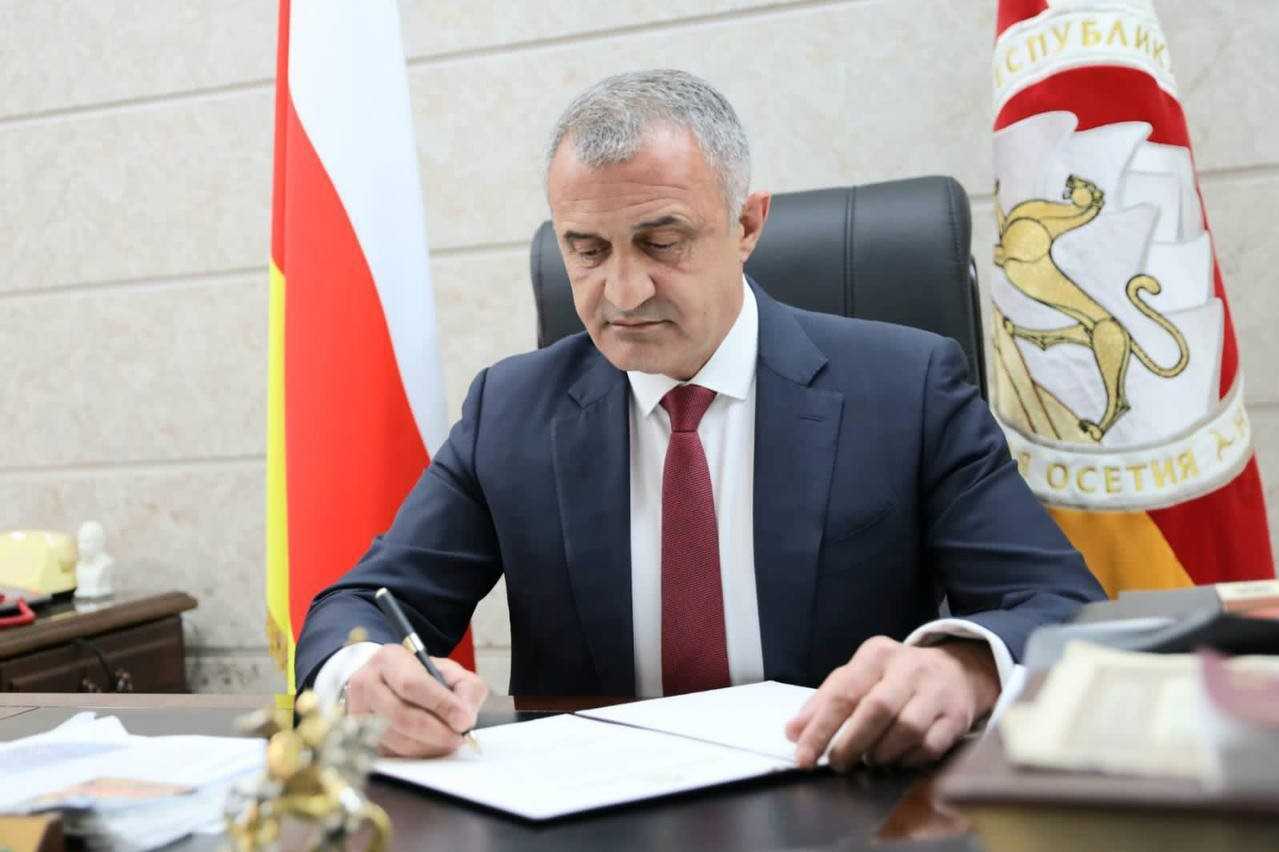
South Ossetian President Alan Gagloyev has signed a decree suspending a planned referendum on the annexation of South Ossetia by Russia, South Ossetian state-news agency RES has reported.
According to RES, Gagloyev’s decree cited ‘the inadmissibility of a unilateral decision of a referendum on issues affecting the legitimate rights and interests of the Russian Federation’.
The referendum was called by then–President Anatoly Bibilov on 13 May, just days after he was defeated by Gagloyev in the polls but before Gagloyev’s inauguration. It was due to be held on 17 July.
Senior Russian officials have distanced themselves from the proposals, with Kremlin spokesperson Dimitry Peskov insisting earlier in May that ‘no steps’ had been taken or were planned from the Russian side to admit South Ossetia into the Russian Federation. He also called the initiative ‘legally underdeveloped’.
Bibilov had made the referendum issue a central part of his election campaign, while Gagloyev had expressed scepticism about doing so without agreement from Moscow.
South Ossetian constitutional law guarantees citizens the right to call a referendum, and both the Central Election Commission and Supreme Court had upheld the validity of Bibilov’s proposal.
However, in the decree signed on Monday evening, Gagloyev argued that there was an ‘uncertainty of the legal consequences of the issue’ being put to the vote.
The decree announced that consultations would be held with Moscow on further integrating South Ossetia into Russia, noting that the president ‘fully [supported] the initiative of the citizens of the Republic of South Ossetia on further integration [of South Ossetia and Russia]’.
According to the decree, a delegation will be sent to Russia headed by Gagloyev and including the heads of the Central Elections Commission and Supreme Court, as well as the foreign minister and chair of parliament.
South Ossetia is recognised by all but five UN Member States as being part of Georgia, which has vehemently insisted that any referendum would be illegal.
For ease of reading, we choose not to use qualifiers such as ‘de facto’, ‘unrecognised’, or ‘partially recognised’ when discussing institutions or political positions within Abkhazia, Nagorno-Karabakh, and South Ossetia. This does not imply a position on their status.







